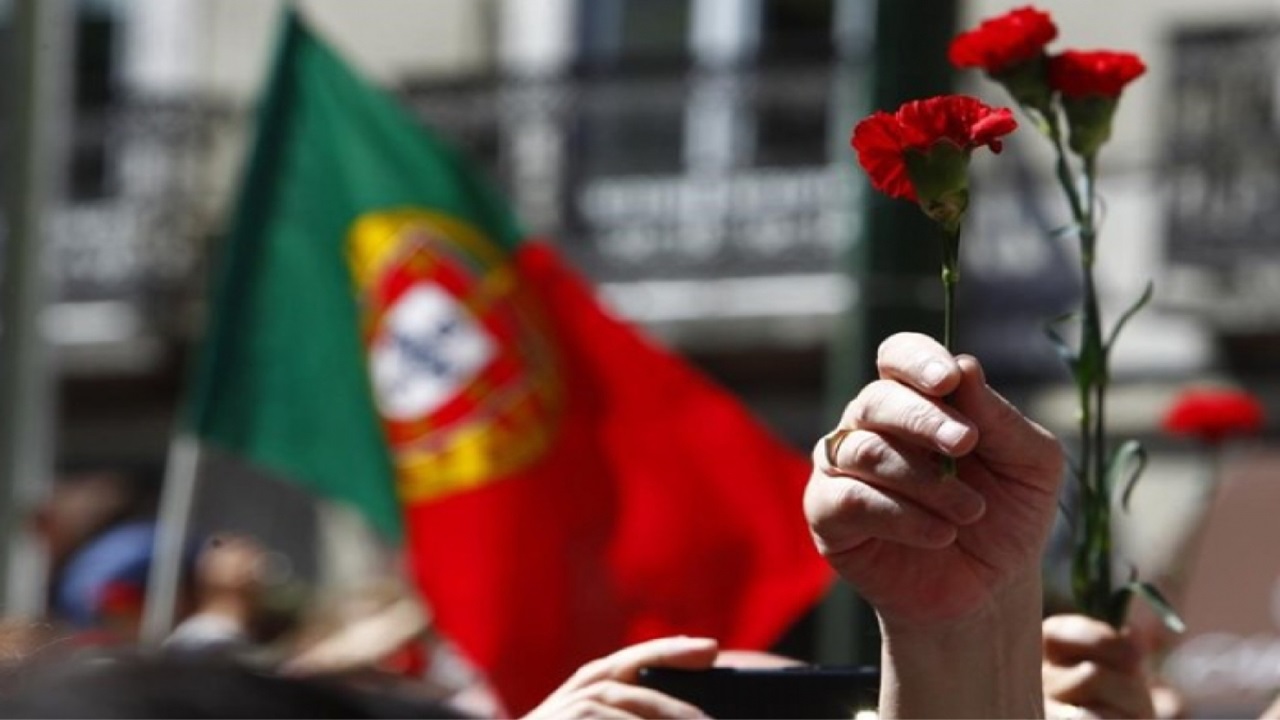
Published 04/25/2024 17:28 | Edited 04/25/2024 17:41
“In 2024, fifty years will pass since the 25th of April (…). A cycle of half a century of our History closes, another opens, with new challenges, new demands, new ambitions, but always with the same values: Democracy, Freedom and Equality.” The phrase appears in the message from the President of the Republic of Portugal to the country on the eve of the legislative elections. It’s a phrase said to make history: Marcelo Rebelo de Sousa is not the first, nor the only one, nor will he be the last, to want to consider the 25th of April as a tidy affair, a closed cycle.
In contrast, the Portuguese Communist Party (PCP) chose “April is more future” as the motto of the celebrations of the 50th anniversary of the Revolution. He did it to mark this difference: if for some the 25th of April is a thing of the past, an anniversary where distant and bizarre times are remembered, for the PCP it is about marking the Revolution that freed the country from a criminal fascist dictatorship, which has achieved profound advances and which are a reference in the construction and development of Portuguese society.
The great democratic achievements that resulted from the Revolution have deep roots in the Portuguese people, including the millions who were born after 1974. The end of censorship; the right to form political parties, unions and associations; to vote, demonstrate and strike; the increase in salaries, pensions and pensions; paid vacation; the extension of maternity leaves; the establishment of the national minimum wage; equality between women and men; combating discrimination; the protection of children; agrarian reform, nationalizations and workers’ control; the public school, the National Health Service, Social Security; the development of culture and sport; democratic local power – these are achievements full of relevance. The end of the colonial war, the recognition of the right to independence of the people of the former colonies, the development of a foreign policy of peace, constitute a direction in the relationship between the country and the Portuguese people with the rest of the world and people, which must be in-depth. Achievements enshrined in the Constitution of the Portuguese Republic, approved in 1976, incorporating the liberating and progressive process of the Revolution and pointing the way to economic, social and cultural development and the affirmation of a free, independent and sovereign Portugal.
The democratization of Portuguese society, the development of the country and the improvement of living conditions took giant leaps forward in just a few months after 48 years of fascism. It is deeply dishonest to look at what the country has changed in the last 50 years and locate the beginning of this evolution with Portugal’s accession to the then EEC (1), as has been heard around. No, it was not “Europe” that brought freedom, democracy and development to the country. It was the Portuguese people who put an end to fascism and took their destiny into their own hands.
That strength has not disappeared. It is present these days in the countless and profound popular celebrations that take place throughout the country, full of vitality and joy.
Article originally published in Avante!
Use:
1 – European Economic Community, precursor of the European Union
Source: vermelho.org.br

